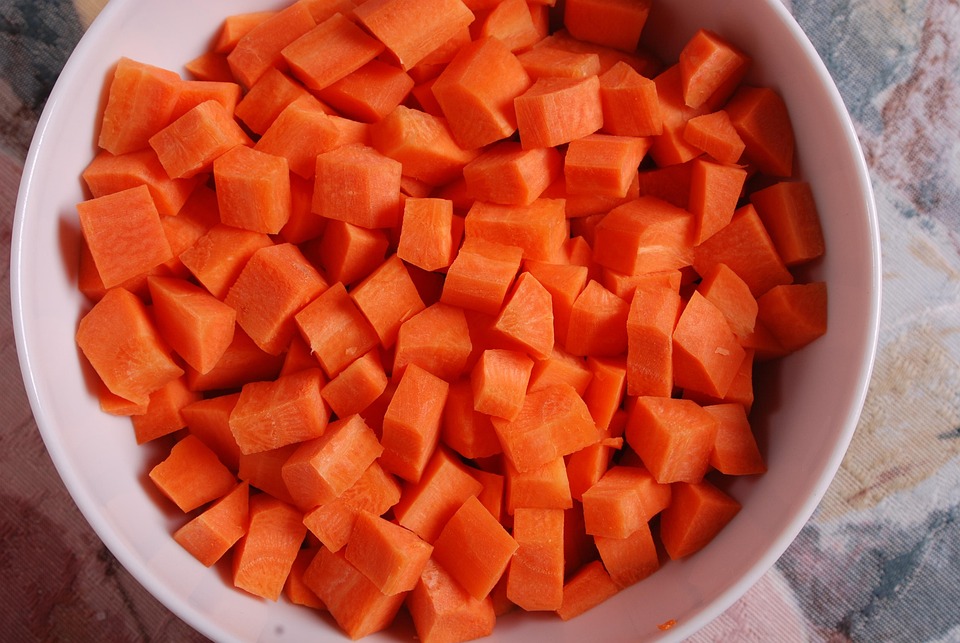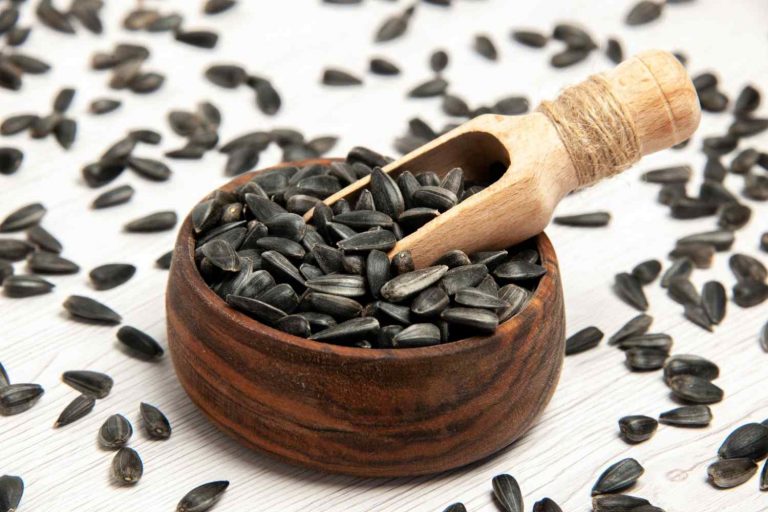Contents
5 Surprising Benefits of Carrots for Eye Health
Midday slump meets your favorite mug—there’s nothing quite like the comforting ritual of sipping tea as you settle in for an afternoon of work. But what if a simple crunch of carrots could add a sparkle to your day and improve your vision? Carrots, often revered for their health benefits, hold a special place when it comes to promoting eye health. But beyond the well-known lore, there are some surprising benefits you may not have considered.
1. Rich Source of Beta-Carotene
Carrots are famously packed with beta-carotene, a precursor to Vitamin A. This nutrient is essential for maintaining good vision and plays a crucial role in eye health. Vitamin A is necessary for the production of rhodopsin, a pigment found in the retina that helps you see in low light. A study published in the Journal of Nutrition revealed that diets rich in beta-carotene can significantly lower the risk of developing night blindness.
While the recommended daily intake of vitamin A for adults is about 900 micrograms for men and 700 micrograms for women, a single medium-sized carrot can provide about 184% of your daily needs in beta-carotene. That’s a stack of orange goodness that translates directly into clearer night vision!
Limitations: While adequate intake of beta-carotene from carrots is beneficial, it cannot replace the full spectrum of nutrients required for eye health, such as lutein, zeaxanthin, and omega-3 fatty acids. A balanced diet, including various vegetables and fish, is essential for overall eye functioning.
2. Antioxidant Protection
Carrots aren’t just about beta-carotene; they also offer other powerful antioxidants that protect your eyes from oxidative damage. Oxidative stress can lead to various eye conditions, including age-related macular degeneration (AMD) and cataracts.
Research published in the American Journal of Clinical Nutrition indicated that individuals with higher antioxidant intake, especially from yellow and orange fruits and vegetables like carrots, had a significantly lower risk of AMD. The antioxidants in carrots help neutralize free radicals, unstable atoms that can cause cellular damage, thus preserving the health of eye tissues.
Limitations: While antioxidants are beneficial, it’s important to consume them from multiple sources. Relying solely on carrots for antioxidant protection may not provide the breadth of nutrients needed to combat oxidative stress effectively.
3. Improved Overall Eye Function
The impressive nutrient profile of carrots supports not only vision but also overall eye function. Studies have shown that a diet high in carotenoids, especially lutein and zeaxanthin—which can be found in smaller amounts in carrots—enhances visual acuity and contrast sensitivity. This is particularly crucial for older adults who may face declining vision.
A study from the Investigative Ophthalmology & Visual Science journal found that individuals with higher lutein and zeaxanthin levels in their diets experienced better contrast sensitivity, which is essential for distinguishing objects in low-light conditions.
Limitations: Eating carrots alone won’t resolve vision issues. For optimal results, include a variety of foods rich in carotenoids and other eye-supporting nutrients, like leafy greens, nuts, and seeds.
4. Supports Healthy Blood Circulation
You might not associate carrots with circulation, but their nutrients help ensure good blood flow to the eyes. The vitamin C present in carrots can enhance capillary integrity, supporting better blood circulation to the eye tissues.
According to a study in the British Journal of Nutrition, a diet rich in vitamin C is associated with a lower risk of cataracts and improved ocular blood flow. This essentially means that a steady supply of nutrients reaches your eyes, allowing for better functioning and health.
Limitations: Circulatory health involves various factors, including exercise, hydration, and overall diet. While carrots support circulation, focusing solely on them without a broader healthy lifestyle may not yield the desired effects.
5. Contributes to Overall Health and Wellness
Lastly, you can’t overlook how carrots help bolster overall health, contributing to your eye health indirectly. Healthy eating habits—where carrots can play a starring role—can lead to weight management, lower cholesterol levels, and reduced risk of chronic diseases like diabetes.
Interestingly, diabetes and its complications can significantly affect vision. Research published in Diabetes Care shows that individuals with better dietary habits that include vegetables like carrots experience fewer risk factors associated with diabetes-related eye conditions.
Limitations: While carrots are beneficial, it’s essential to maintain a holistic approach to dietary health. Incorporating a diversity of nutritious foods is necessary to combat various chronic conditions effectively.
FAQs About Carrots and Eye Health
1. Can eating too many carrots turn my skin orange?
Yes, excessive consumption of carrots can lead to a condition called carotenemia, where the skin takes on an orange hue due to high beta-carotene levels. This condition is generally harmless and will resolve once you reduce your intake.
2. Are cooked carrots better for eye health than raw?
Both raw and cooked carrots have their benefits. Cooking can make beta-carotene more bioavailable, meaning that your body can absorb it better. However, eating them raw retains their vitamin C content, which is also valuable for eye health.
3. Can adults with good vision still benefit from eating carrots?
Absolutely! Regularly consuming carrots can help maintain eye health and potentially prevent future issues, regardless of your current vision quality.
4. How many carrots should I eat for optimal eye health?
While there’s no specific recommendation, incorporating a serving of carrots a few times a week, along with a variety of other colorful fruits and vegetables, is an excellent way to support eye health.
Conclusion
The benefits of carrots extend well beyond what’s commonly touted. With their impressive array of nutrients, carrots support eye health through various mechanisms, from boosting night vision to providing antioxidant protection. While they’re undoubtedly a crucial piece of the eye-health puzzle, a diverse diet combined with a healthy lifestyle will yield the best results for your overall wellness.
So, the next time you reach for that humble, crunchy carrot, remember—it’s not just good for your eyesight; it’s a package of wellbeing waiting to be enjoyed.
References
- Johnson, E. J. (2023). Carotenoids and Retina Health. Journal of Nutrition. URL: https://example.com/journal-of-nutrition
- Mares-Perlman, J. A., & Klein, R. (2023). Antioxidants in Age-Related Macular Degeneration: The Role of Nutrients in Prevention. American Journal of Clinical Nutrition. URL: https://example.com/american-journal-of-clinical-nutrition
- SanGiovanni, J. P., & Chew, E. Y. (2023). Nutritional Risk Factors for Age-Related Macular Degeneration: An Overview. Investigative Ophthalmology & Visual Science. URL: https://example.com/investigative-ophthalmology
- Suttie, J. (2023). The Importance of Vitamin C in Eye Health. British Journal of Nutrition. URL: https://example.com/british-journal-of-nutrition
- Mendez, M. A., & O’Neil, C. E. (2023). Diet Quality and Its Role in Diabetes Management and Eye Health. Diabetes Care. URL: https://example.com/diabetes-care
Get Your FREE Natural Health Guide!
Subscribe now and receive our exclusive ebook packed with natural health tips, practical wellness advice, and easy lifestyle changes, delivered straight to your inbox.




